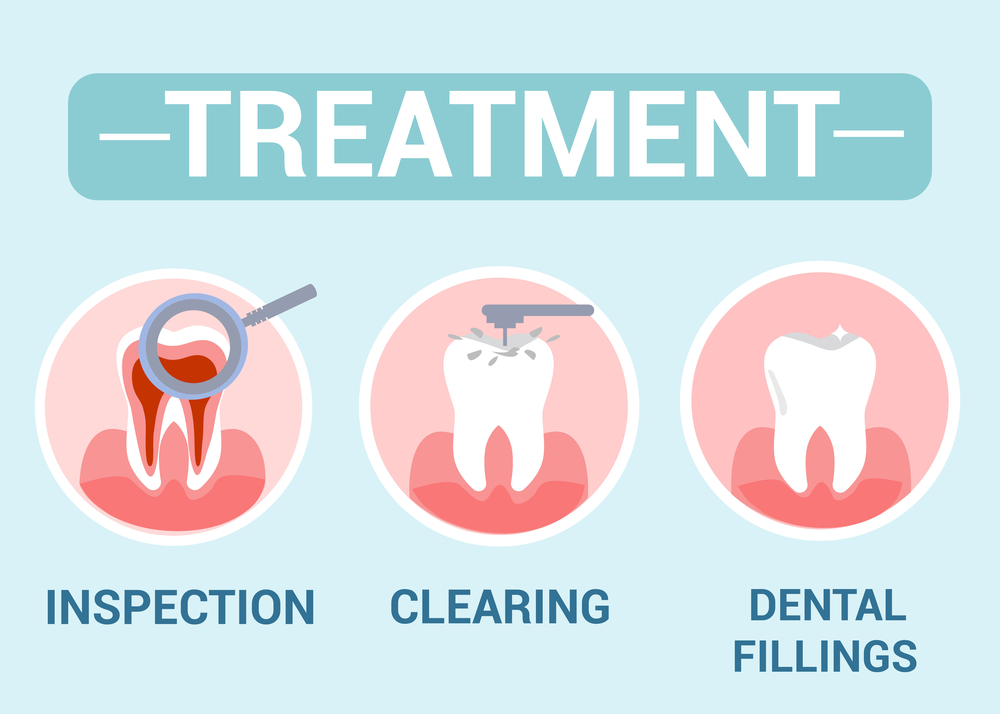A tooth filling makes the tooth stronger, repairs and restores its surface from decay and other damages. With proper oral care and oral hygiene, a cavity filling can last for 5-12 years, depending on the type and material used for the filling. Fillings are the preferred and least invasive treatment for tooth decay, which if not diagnosed and treated at its early stages, the condition will get worse and more complex and invasive dental treatments may be needed.
Tooth Decay Warning Signs
Do you have sensitive teeth? Tooth sensitivity is considered the most common early sign of enamel loss due to tooth decay. Pain and many other signs can point to tooth decay. Your dentist, Dr. Yev will diagnose the underlying causes and find the exact cause of the decay.
When Dental Filling are Recommended?
- When the surface enamel of a tooth is damaged from decay, wear or fractures.
- In some cases, the tooth’s surface may need to be evened out to improve biting and chewing comfort.
Dental Filling Procedure in Denver
 After a thorough exam of your teeth, gums and supporting bone structure, Dr. Yev will propose the best treatment options based on your specific condition, location of the tooth and other considerations and will answer any questions you may have about the procedure.
After a thorough exam of your teeth, gums and supporting bone structure, Dr. Yev will propose the best treatment options based on your specific condition, location of the tooth and other considerations and will answer any questions you may have about the procedure.
- Apply a local anesthetic to the affected area.
- Using a hand-held instrument, our dentist will remove all the decayed and damaged surface to prepare it for the filling.
- Cleanse the tooth carefully to remove any remaining debris and bacteria on the tooth surface.
- Isolate the tooth using a protective sheet called a “dental dam” to keep it clean during your procedure.
- Apply the adhesive and filling material to the tooth surface and shape it to match to look like a real tooth.
- Apply a special light to the filling area to harden and secure the filling material in place.
